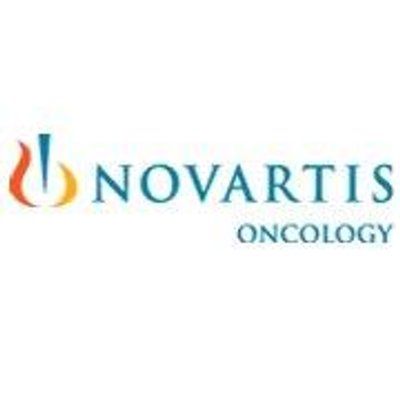OBJECTIVEThis work summarizes select methodology of twin-screw melt granulation (TSMG) and process analytical technology that were used in the successful scaling-up and commercial transfer of high drug load (80.5% w/w) immediate release fevipiprant tablets.SIGNIFICANCEThe unique and compelling learnings from this industry work are (1) insights into Novartis AG's commercial scale transfer using TSMG and (2) rapid, nondestructive NIR methodology as a PAT tool for RTR testing. No prior literature combines these two aspects at the level of detail we present/disclose.METHODSScaling up of TSMG was guided by specific energy values obtained for the 27 mm (pilot scale) and 50 mm (commercial scale) twin-screw extruders (TSE). Proven acceptable ranges (PARs) were confirmed by varying the critical process parameters (CPPs) for granulation (screw speed) and tableting (dwell time and crushing strength) at three process levels (upper, target, and lower). An at-line NIR method was developed and validated for real-time release testing (RTRT).RESULTSThe combination of CPPs were selected to have the same effect on critical quality attributes (CQAs), that is, lower (-) and upper (+) process level challenged tablet aspect/appearance and dissolution, respectively. TSMG was performed using a 50 mm extruder at constant feed rate. Compression of the six final blends (∼300 kg) showed no impact of varied granulation and compression process conditions on both CQAs. A near-infrared spectroscopy method was validated to determine content uniformity, assay, identity, and to predict CQAs on uncoated tablets in preparation for a real RTRT of future batches.









